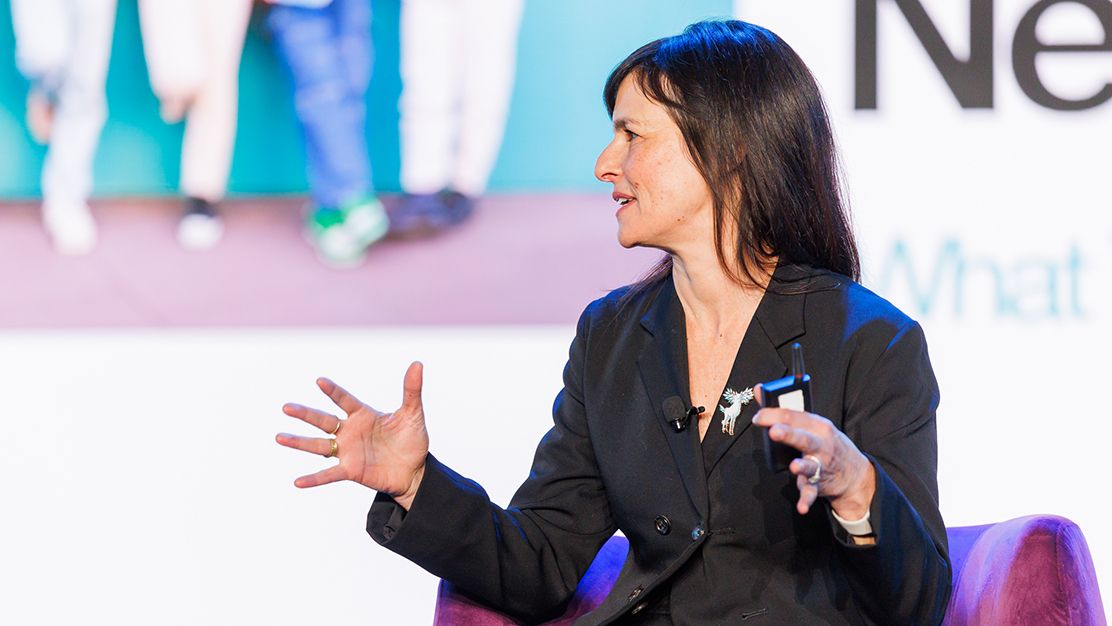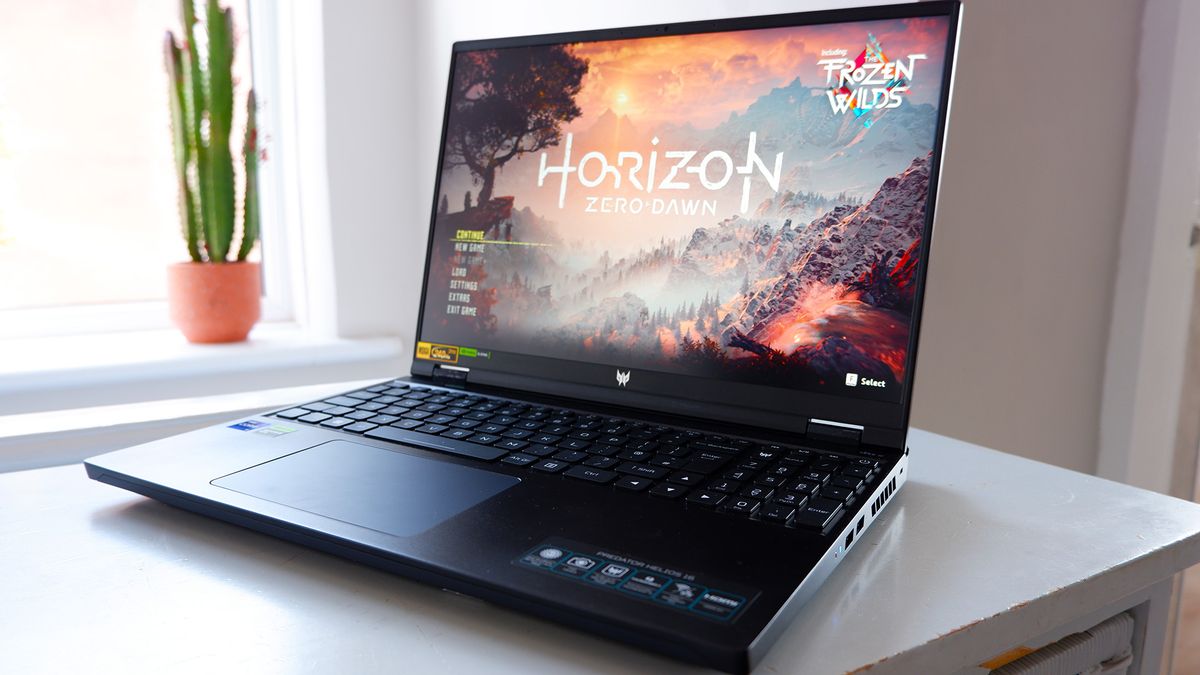That feeling a customer support line is deliberately designed to keep you hanging in the hope that you'll just go away. We've all had it, right? Now it turns out HP has introduced a minimum 15 wait to PC and printer support phonelines in some territories with the explicit intention to push customers to use online support, known in HP parlance as "digital self-solve."
The news that what we've all felt might be happening actually is comes from the Register, who got hold of an internal HP memo outlining the policy. It seems HP is inserting a warning of high call volumes with a 15 minute wait time regardless of actual call volumes.
"Objective is to influence customers to increase their adoption of digital self-solve, as a faster way to address their support question. This involves inserting a message of high call volumes, to expect a delay in connecting to an agent and offering digital self-solve solutions as an alternative," the HP memo says.
Specifically, callers are told, "We are experiencing longer waiting times and we apologize for the inconvenience. The next available representative will be with you in about 15 minutes.
"To quickly resolve your issue, please visit our website support.hp.com to check out other support options or find helpful articles and assistant to get a guided help by visiting virtualagent.hpcloud.hp.com."
Apparently, the 'service' keeps warning callers about wait times and encouraging them to hang up and go online. Currently, it's thought the policy is live in UK, Ireland, France, Germany and Italy. But it's not absolutely clear it doesn't apply more broadly. Likewise, there's no word if HP plans to roll this approach out universally.
The HP memo says the policy came into effect February 18. So, this precise version of keeping you hanging seems to be new. But the general aspiration to get customers to use cheap online support surely is not.
Indeed, HP's approach here is arguably just a more explicit version of the implicit reality that it's often the case that navigating through automated call systems in order to even get in the queue for actual human support is often complicated, confusing and time consuming. That can't be by accident.
Needless to say, this all comes down to money. Or as HP itself apparently puts it, the priority here is to "generate warranty cost efficiencies." No doubt the long term aim will be to support everyone with AI-powered customer support. And that may eventually be the best solution and better than a timely human-delivered service.
But for now, being able to talk to an experienced customer support agent is what most customers would probably prefer and find most helpful. The problem is that paying humans to help is much more expensive than posting a webpage. And big corporates love nothing more than finding ways to save a few pennies, at almost any cost.

 19 hours ago
25
19 hours ago
25








![Anime Reborn Units Tier List [RELEASE] (November 2024)](https://www.destructoid.com/wp-content/uploads/2024/11/anime-reborn-units-tier-list.jpg)